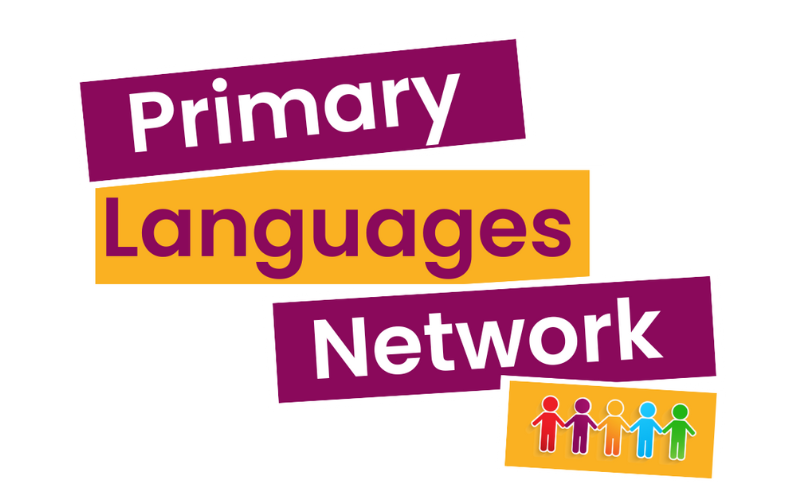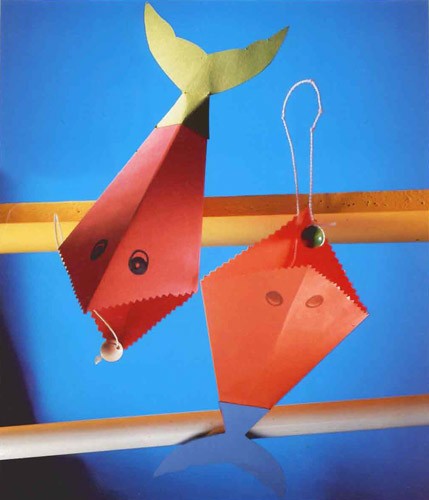There have been some fascinating posts recently on Facebook and Twitter about the use of puppets in primary language teaching.Recently I bought all the associate teachers that work with me new puppets as our puppets were beginning to be not only very well loved but also some what worn out!Our younger children love the puppets, singing with them ,talking to them, watching the language assistants and teachers whispering or asking questions with the puppets etc.
The recent posts made me think about how years ago (1995 to be exact!) I created "paper puppets with purpose" for my language learners in UKS2.
I started creating paper puppets with my Year 5
and 6 in primary,after watching a local playschool teacher using paper puppets to support a reluctant speaker.I was amazed by just how precious the children in Year 5 and Year 6 found them in their language learning.Indeed these puppets were still being made and used by my language learners in 2012- with the same effect!
As a learning tool they help with language retention and language practise.They make what might be perceived as simple or silly questions more sensible because you ask the puppet and they create opportunities to have simple dialogues between the puppets and the puppeteers. Plus every child had a learning tool that belonged to him/herself.
They are brown paper envelopes - hand size
and if you depress the top two corners and push the fold inwards carefully ,you can make a mouth and operate this from inside the envelope.
The children can make them into their own characters and customize them - clowns,sports stars,
animals, cartoon characters etc.
All my children's puppets had an appropriate target language name linked to language we practised - so animals, foods, clothes, colours etc were very popular.
We kept our puppets in our class drawers and
brought them out to learn with use very language lesson.
Mine were called
"monsieur baguette" and "Herr Hamburger" as we used them in
French and German.They even travelled to the Primary Languages Show in 2001!
- The children could make the puppets talk of course!
- The children could make the puppets whisper or talk in target language too by beating out the syllables in words using the mouth of the envelope opening and shutting in time with the rhythm of the words.
- They loved walking round the room practising dialogues and new questions- one paper puppet talking to another.
- They used their puppets to participate in class songs
- They helped me to retell stories or add the repetition to stories
And finally let me introduce you to a very old and good friend of mine ."Madame souris" She belonged to a pupil from 1997,Jennie B.Sadly you can tell that she is quite old now as the colour is fading etc .I often use her even now to share this idea with teachers and teacher trainees.
Simplest ideas are sometimes the best!















